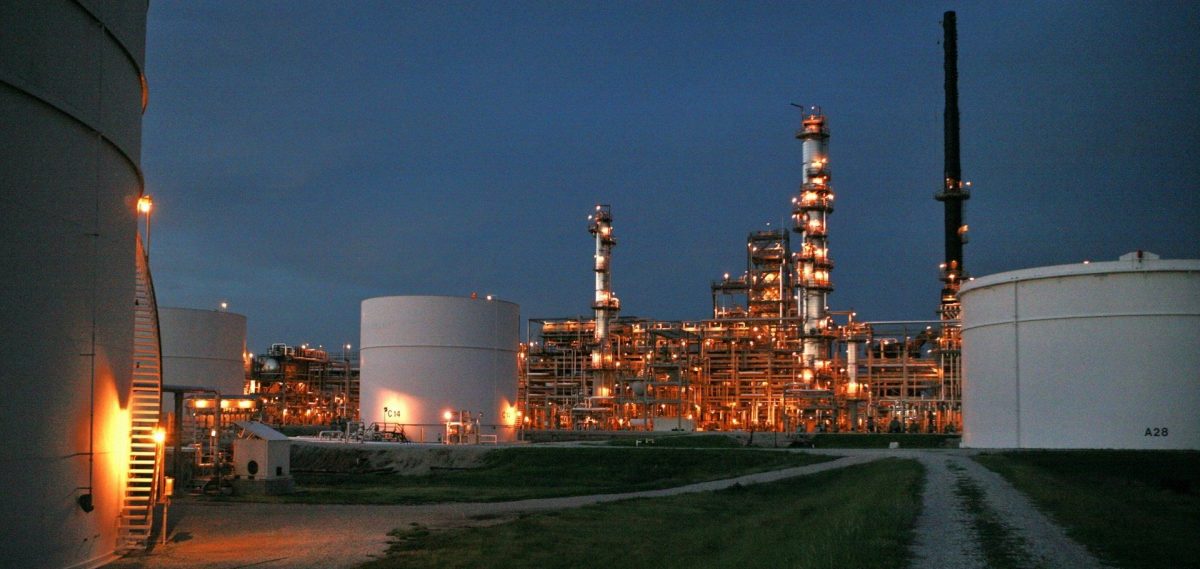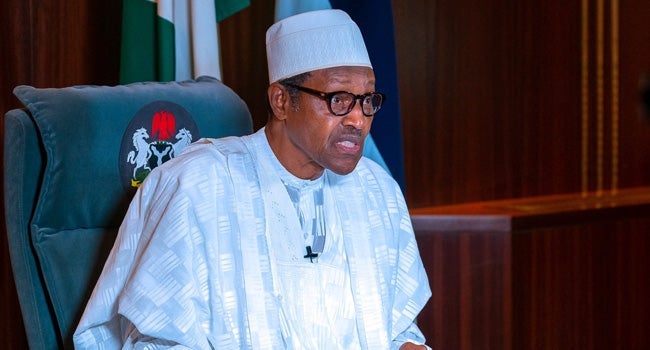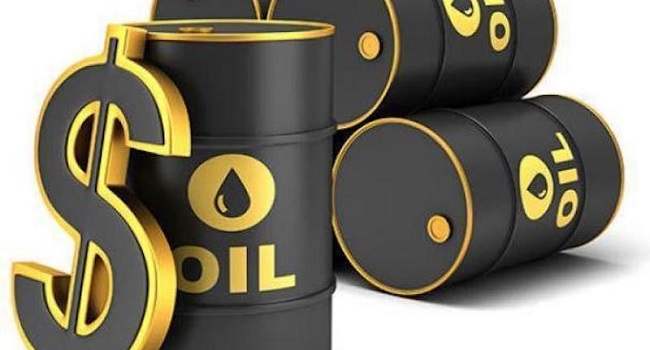The President of African Development Bank (AfDB), Akinwumi Adesina, a former Minister of Agriculture in Nigeria, is enmeshed in allegation of corruption, leading to a pressure probe from the United States of America.
AfDB board agreed to an independent probe of its president after the U.S. rejected an internal investigation that cleared him of allegations of favoritism.
Africa’s largest multilateral lender decided on the inquiry after several governments backed U.S. Treasury Secretary Steven Mnuchin’s criticism of a bank-led examination into the allegations. Adesina, who has repeatedly denied wrongdoing, may have to step back from the role until the probe is completed.
According to reports, unidentified whistleblowers accused him of handing contracts to acquaintances and appointing relatives to strategic positions. Hence only fair, transparent and just processes would confirm his innocence of allegations on corruptions.
The proposed investigation comes three months before the bank’s annual meeting, at which Adesina is the sole candidate to extend his five-year term. The AAA-rated lender’s 80 shareholders in October pledged to provide funding that will help to more than double its capital base to $208 billion.
Denmark, Sweden, Norway and Finland are among countries that wrote to the AfDB to back the Mnuchin’s demands for professional outsiders to look into the allegations.
Mr. Mnuchin expressed reservations about the integrity of the lender’s ethics committee for giving Adesina clean bill of health with regards to the allegations.
The scope and detail of the allegations are serious enough for a further inquiry to ensure the AfDB’s shareholders have confidence in the bank’s leadership, Mnuchin said in a letter addressed to Niale Kaba, the chairwoman of the bank’s board of governors.
The United States is the second largest investor and biggest shareholder with 6.5% after Nigeria. The demands for an independent probe are aimed at ensuring that if the allegations are baseless, the process of reaching that conclusion is public and transparent.
Shareholders of the AfDB include 54 nations on the continent and 27 countries in the Americas, Europe, Middle East and Asia. It has an AAA rating from Fitch Ratings, Moody’s Investors Service and S&P Global Ratings.
S&P Analyst Alexander Ekbom said, “If there are questions from major shareholders on the appropriateness of an internal process, clearly it’s not harmful if that is put into a different light and looked at from the outside world with fresh eyes.”
Prior to Mnuchin’s letter to the board, African leaders including South African President Cyril Ramaphosa and his Nigerian counterpart, Muhammadu Buhari, expressed support for Adesina and commended him for his efforts to help secure funds for Africa to deal with the fallout from the disease.
U.S. criticism of the bank’s internal processes follows comments by World Bank President David Malpass in February that multilateral lenders including the AfDB tend to provide loans too quickly, and, in the process, add to African nations’ debt problems. The bank rebutted the statement, saying it undermines its governance systems, impugns its integrity and that there is no risk of “systemic debt distress” on the continent.
In March, the lender issued a $3 billion social bond to help African countries deal with the fallout from the coronavirus pandemic. The bank also launched a $10 billion crisis-response facility for African nations.
However, some political watchers believe the AfDB president could have fallen out of favour from the US as he was so close to China, and with election coming in the US, while Trump seeks re-election bid, there was need to change the bank’s president.
source: energyfocusreport






